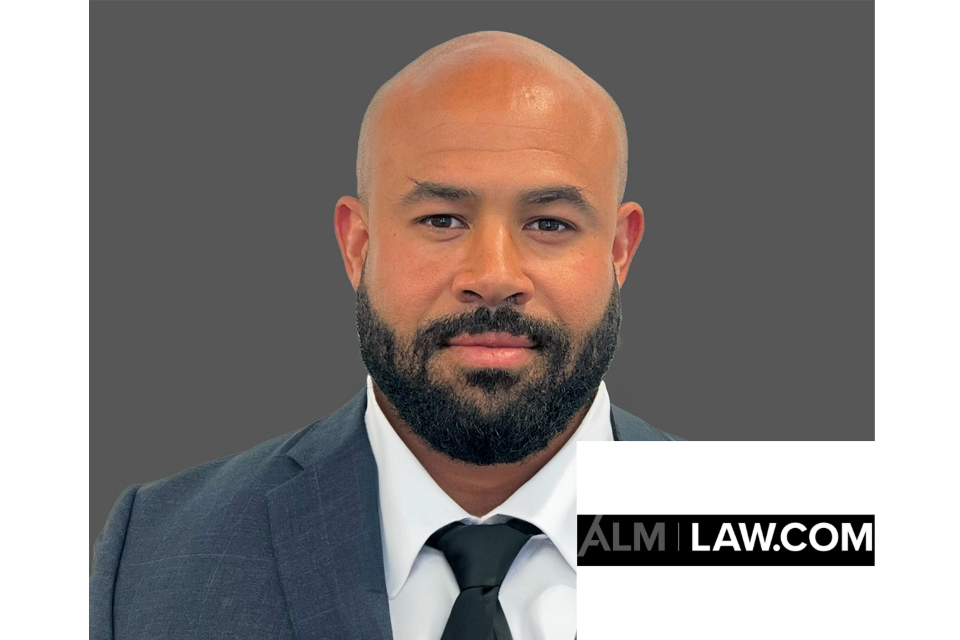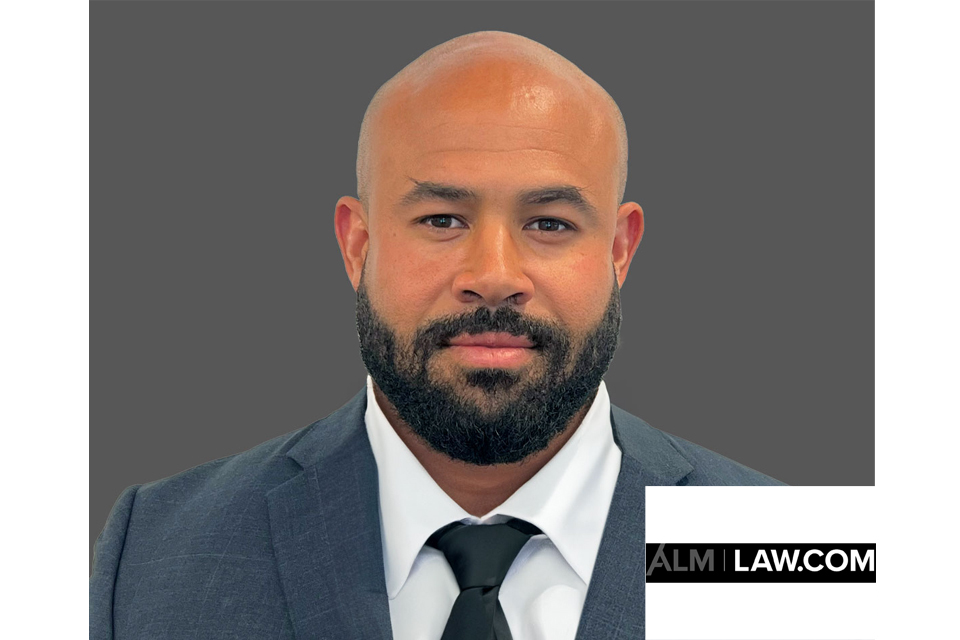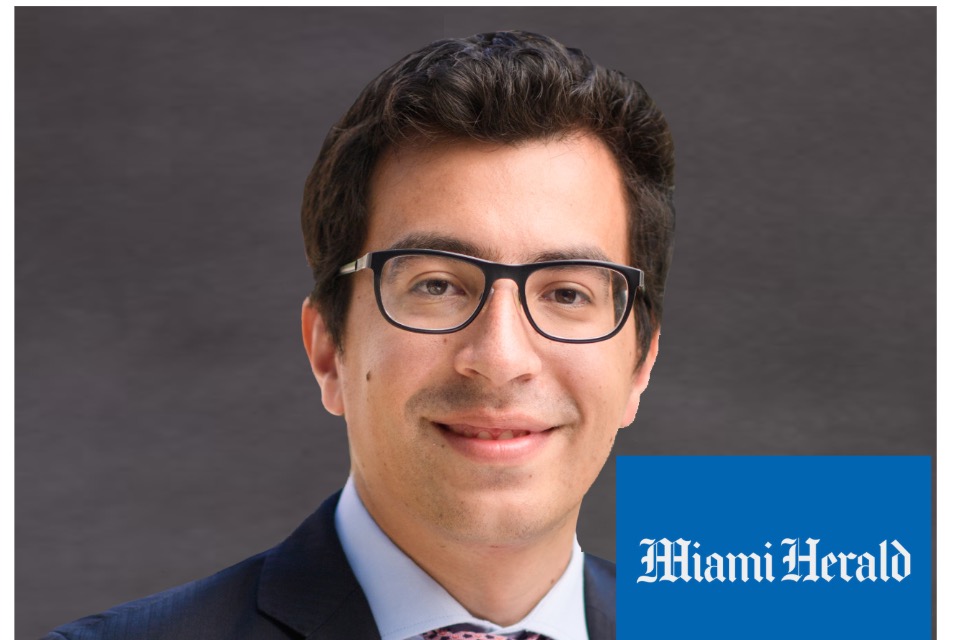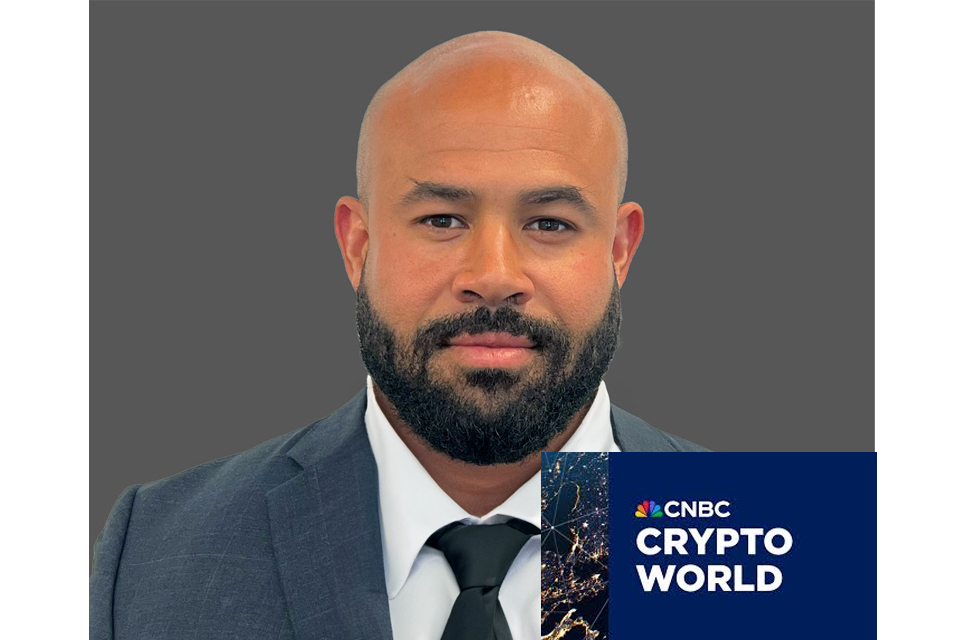Diaz Reus & Targ successfully presented oral argument for the defense to the U.S. Court of Appeals for the Second Circuit in December, in a case filed by plaintiff Eligio Cedeño, a Venezuelan banker who is now in exile in Miami. Cedeño’s complaint alleged a conspiracy between several high-ranking Venezuelan government officials and businessmen who used a combination of official pressure and threats to extort the plaintiff’s interest in two Venezuelan banks.
This case had enormous importance because it was one of the first to address the possible extension of very recent U.S. Supreme Court precedent warning courts against extending the reach of U.S. laws extraterritoriality in the absence of a clear mandate from Congress.
In New York, NY, the U.S. Court of Appeals affirmed the dismissal of a case against Venezuelan government officials and businessmen accused of violating U.S. RICO statutes. The appellate court determined that the allegations in the complaint, which alleged conduct occurring almost entirely in Venezuela, did not trigger U.S. jurisdiction. The case, Eligio Cedeño v. Castillo, 10-3861-cv (2d Cir. Jan. 24, 2012), was important because it tested the outer limits of a federal court’s jurisdiction to hear a RICO case based on conduct occurring almost entirely outside of the U.S.
In it’s opinion handed down on August 24, 2010, the U.S. District Court held that Cedeño’s complaint alleged an extraterritorial violation of RICO and therefore the U.S. statute did not apply. In the Appellate ruling, the appellate panel held that the business enterprise in question was Venezuelan and the facts were “insufficient to support extraterritorial application of the RICO statute.”
The court added,
“We have considered all of Cedeño’s remaining arguments and find them to be without merit.”
The Diaz Reus legal team for Defendant-Appellee Ruben Rogelio Idler Osuna included Michael Diaz, Jr., Gary E. Davidson, and Margaret T. Perez, on the brief.

















































































![Especial abogados Salón de la Fama[61] 4](https://diazreus.com/wp-content/uploads/2023/06/Especial-abogados-Salon-de-la-Fama61-4-pdf.jpg)



























































































































































































